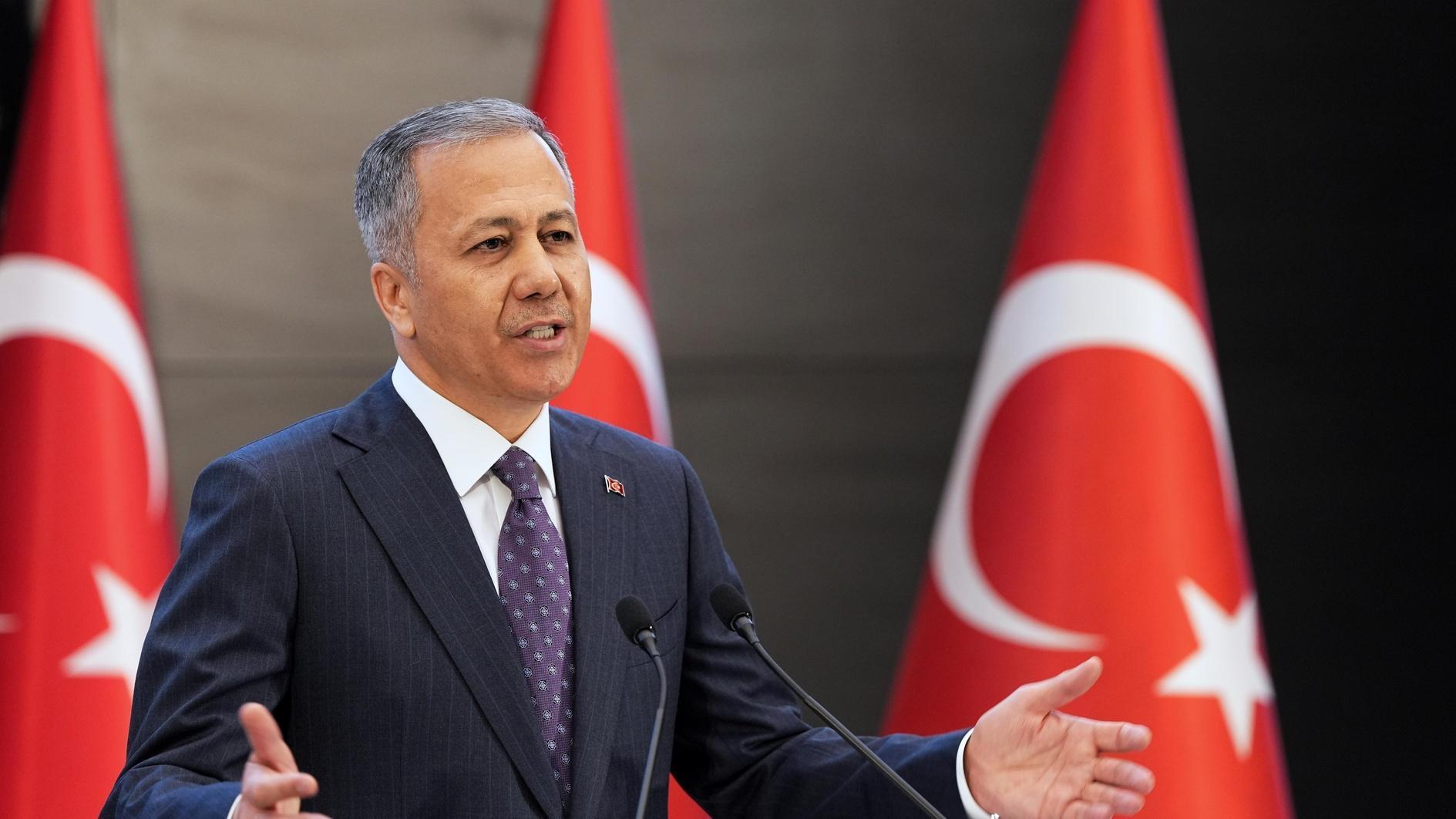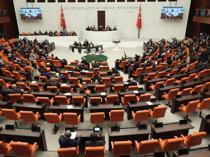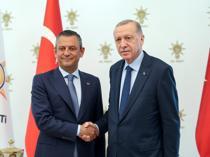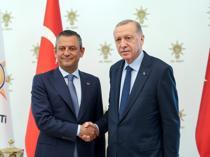Constitutional court head warns over ‘forced’ charter
KAYSERİ - Anatolia News Agency
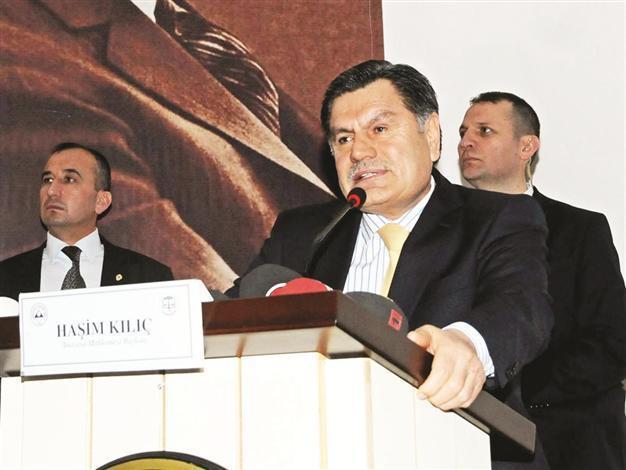
Haşim Kılıç, the head of the Constitutional Court, warns about the writing process for a new charter during his speech at a symposium in Kayseri. DHA photo
The head of the Constitutional Court has warned against a “forced” Constitution, saying such an approach would threaten peace and create more problems, speaking at a symposium in the Central Anatolian province of Kayseri yesterday.“Constitutional reforms passed with force without creating a climate necessary for peace will just be a fait accompli. Such an approach would be the biggest threat to peace, and would only create more problems,” Haşim Kılıç said at a symposium titled “New Constitution,” organized by Erciyes University and the Kayseri Bar.
Kılıç added that Turkey’s previous Constitutions were all results of extraordinary situations, or were written without the consent of the people.
He said Turkey’s first Constitution in 1924 was created in extraordinary conditions, while the 1961 and 1982 Constitutions, which were written after military coups, were written by “occupying the people’s will.” The Turkish people wanted to have “the honor of a Constitution written by the representatives it has elected of its own free will,” he said.
Psychological threshold should be overcome
Kılıç also said the psychological threshold existing in Turkish people’s minds that “the Constitution cannot be done without a coup” had to be overcome, underlining that discussion only on the method and technical details would not bring about any results.
He also stressed that, as the head of the Constitutional Court, he was always careful when expressing his opinion on works to create a new Constitution. However, he called on all sides preparing the Constitution to put aside their red lines, saying it was important for the Constitution Conciliation Commission, where the opposition and government are equally represented, not to waste the efforts exerted so far.
“It is difficult to express my opinion when the government and the opposition are vehemently struggling with each other. I am in a hard situation with thousands of worries in my mind in order not to step on any of the mines, as I am walking on a mined land [when expressing an opinion on the new Constitution],” said Kılıç.
“It is utopic to make a Constitution that matches everyone’s demands. If the sides impose their rights as if they are unchangeable and sacred it would remove the dialogue and negotiation conditions. If we could be more moderate and reasonable these negotiations could be a success,” he added.





